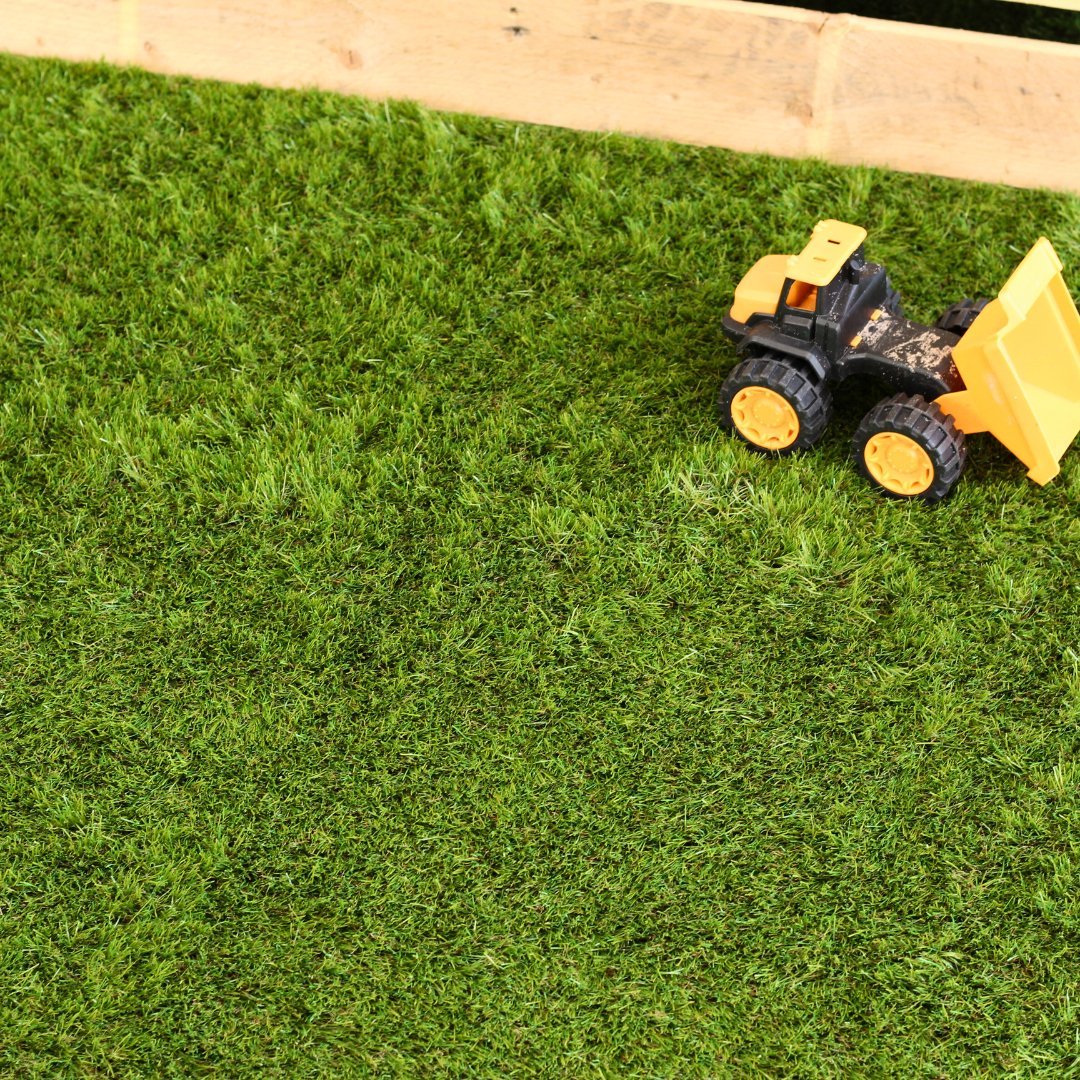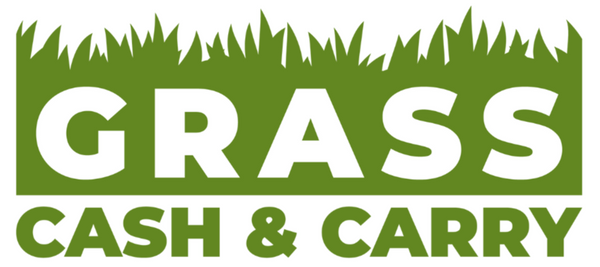Understanding the Basics of Artificial Grass Maintenance
Artificial grass is a popular choice for homeowners due to its low maintenance and lush, green appearance year-round. However, to keep it looking its best, some basic upkeep is required. Understanding the materials and structure of your artificial grass can help you maintain it more effectively.
The synthetic fibers are designed to withstand various conditions, but regular cleaning and maintenance will extend the life of your lawn and ensure it remains aesthetically pleasing. Knowing these basics will set the foundation for comprehensive care.
Regular Cleaning Techniques for Everyday Freshness
Keeping your artificial grass clean on a regular basis is essential for everyday freshness. One of the simplest methods is to use a leaf blower or a stiff brush to remove leaves, twigs, and other debris. This prevents buildup that could damage the fibers or the base material.
For a more thorough clean, you can hose down the lawn with water. This helps to remove dust and smaller particles. If you have pets, it's good practice to rinse the area where they frequently relieve themselves to keep odors at bay.
Dealing with Spills, Stains, and Pet Messes
Accidents happen, and when they do, it's important to address spills, stains, and pet messes promptly. For spills and stains, blot the area with a dry cloth to absorb as much as possible, then clean it with a mixture of water and mild detergent. Avoid using harsh chemicals as they can damage the synthetic fibers.
For pet messes, solid waste should be removed immediately, and the area should be rinsed with water. For urine, a mixture of water and vinegar can help neutralize the odor. Specialized pet-friendly artificial grass cleaners are also available and can be very effective.
Seasonal Maintenance for Long-Term Durability
Different seasons bring different challenges for your artificial grass. In the fall, it's important to regularly remove fallen leaves and debris to prevent mold and mildew. During winter, if you experience snow, use a plastic shovel to clear the snow without damaging the grass fibers.
Spring and summer are ideal times for a more intensive clean. Consider brushing the grass more frequently to keep the fibers upright and prevent matting. You might also take this time to inspect the infill levels and add more if necessary to maintain the grass's cushioning effect.
Professional Care and When to Seek Help
While regular maintenance can keep your artificial grass in good shape, there are times when professional care is beneficial. Professional services can provide deep cleaning and rejuvenation that go beyond what regular home maintenance can achieve.
If you notice persistent odors, significant matting, or damage to the fibers, it may be time to call in the experts. They have specialized equipment and expertise to restore your lawn to its original condition, ensuring its longevity and beauty.





